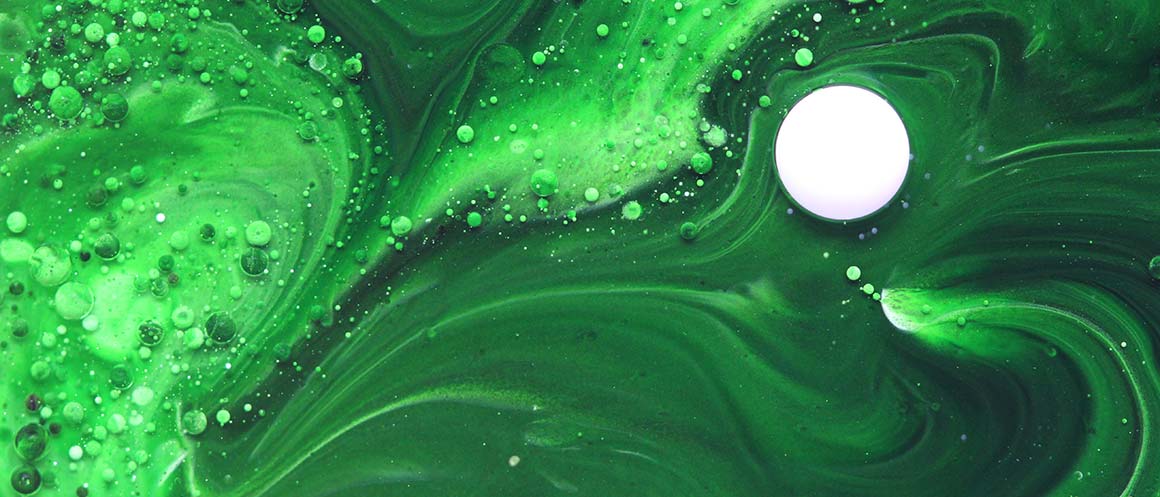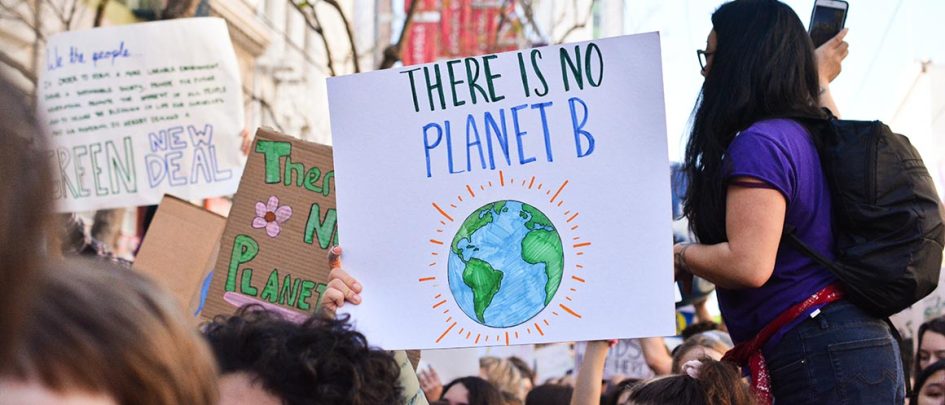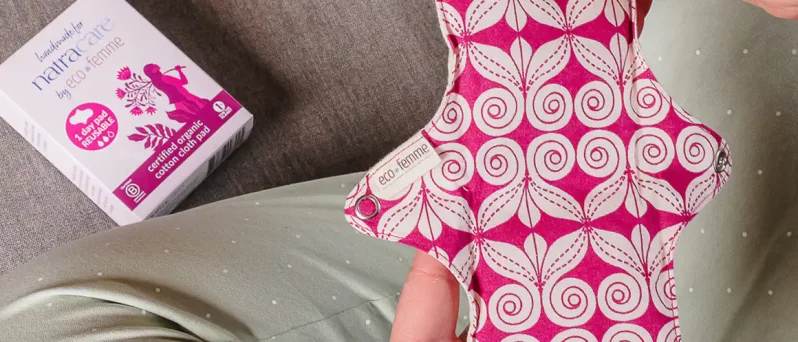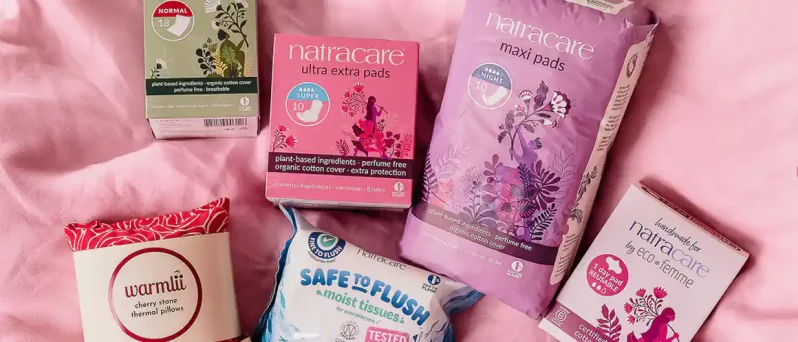Fifty to a hundred years ago, people used to use something called whitewash on their outside walls, to conceal dirt and cracks and make it all look better. Since then, the word “whitewashing” has come to mean evasively focusing on the good parts of a situation or telling a few white lies, in order to convince people it’s better than it really is.
As we are becoming more concerned about our environment and the impact of the products and services we use, a new term is being used – greenwashing. This is when a company or brand focuses on one positive that their product does for the environment, or uses misleading phrases, in order to make consumers think it’s really eco-friendly, while distracting attention away from the not so green things its doing.
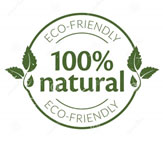
Beware the “Natural” greenwash!
Legally, the word natural doesn’t have a definition, so it’s easy for companies to use this term without having to back it up. When used legitimately the word natural can mean something like “taken from plants, the earth or sometimes animals (like beeswax and lanolin), with the minimum of processing and no addition of harsh or harmful chemicals”. However, when the term is used carelessly, it can just mean some of the ingredients were at some point derived from a plant or animal, but have been heavily processed since.
Not only that, but natural doesn’t necessarily mean good – lots of poisons are natural, after all, and whale blubber’s as natural as you can get but pretty bad news for the whales if you’re planning on putting it into lipstick!
This spoof video by Only Organic sums up some of the tricks being used by companies, and how easy it can be to label products as natural!
“Diversion” tactics
Another thing that Greenwashers do well is focusing on one part of a product that’s good and hoping you’ll forget about the undesirable remaining parts.
For example you might see a face wash with brightly labelled “SLS free”, but if you looked closer perhaps you would also see listed in the ingredients; parabens and phthalates. So the product is still full of chemicals you might not want on your body but you are intentionally distracted by the fact that it is free from one ingredient you have heard is not very good for you.
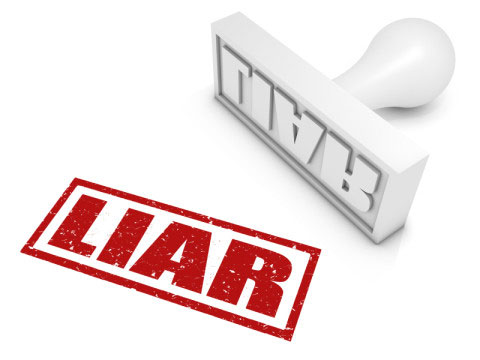
Don’t give up on choosing better products. There are some simple ways to avoid the greenwash, here are just a few:
- Whatever the claim is (organic, fair trade; ecologically sound; animal friendly), make sure you inspect the packaging for logos of known certifiers.
- Look out for hazy terms that might be trying to confuse consumers (you’ll often see “cotton-like” or “cotton-feel” on panty liners, but this doesn’t actually mean cotton is used!!)
- Keep an eye out for the “diversion” tactics (if a company is just promoting one key positive feature) and check out what their other green features are.
- Don’t rely on brand names and “rustic” packaging – just because a company has a “natural” or “green” sounding name or style, doesn’t mean that it is green! Check out the credentials!
- If you have any doubts, just contact the company! Now that so many of us have smart phones it’s so easy and quick to search for a company and ask questions. This is really good because it also tells the company that you are looking for better transparency, so encourages them to be clearer!
- Get savvy with the help of others. It’s really hard to know what ingredients to watch out for, but there are lots of groups such as Naturally Savvy and Women’s Voices for the Earth who help raise awareness about big issues. Following them on social media is a really easy way to keep up to date with what’s going on.
- Use apps! The EWG’s Skin Deep app allows you to check up on a host of beauty products, and there are plenty of organizations out there (Ethical Consumer, Ethical Company Organisation) who monitor companies. Beware that these guides aren’t always perfect, because they don’t necessarily rely on up to date information, but they can provide a good starting point.
- Share info with friends, to help others avoid the greenwash too!
